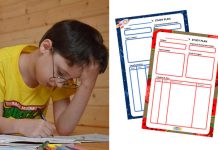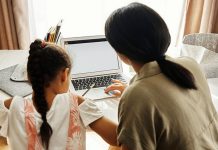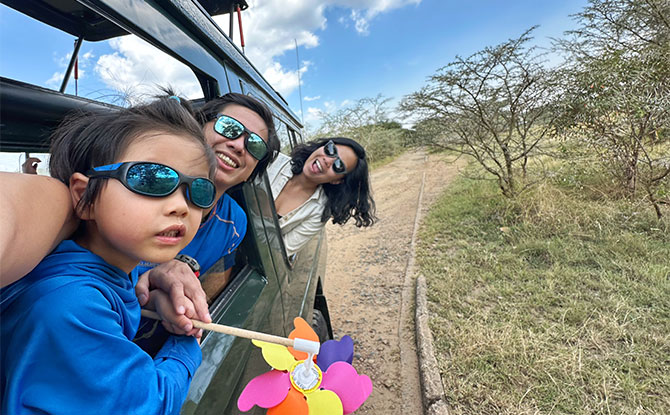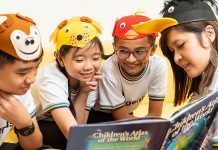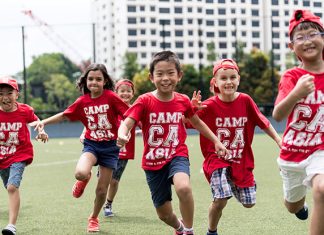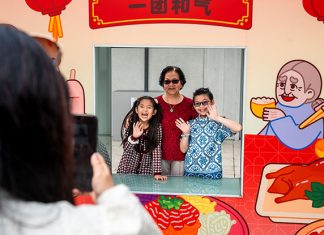
Merely three minutes to teach your kids? Jasmine from 3 Minute Montessori (3MM) is all about sharing “three-minute” ways to help your child learn and grow. Little Day Out asked some questions on what Montessori at home looks like and also why it is important to talk about Coronavirus with young children.
Little Day Out: Please tell us more about yourself and why you started 3MM Montessori?
Jasmine: I began 3MM wanting to share easy, quick ways to set up one’s home to help children grow in independence, confidence and creativity. I now provide Montessori coaching and online courses for parents in Singapore and around the world.
I received my AMI Assistant training for 3 to 6 and 6 to 12 years olds in London. AMI is recognised worldwide and training there (twice!) was transformative. It enabled me to look beyond the instagrammable toys and see the principles. I now endeavour to bring this to parents through my online courses.
How is the Montessori approach different from other pedagogies?
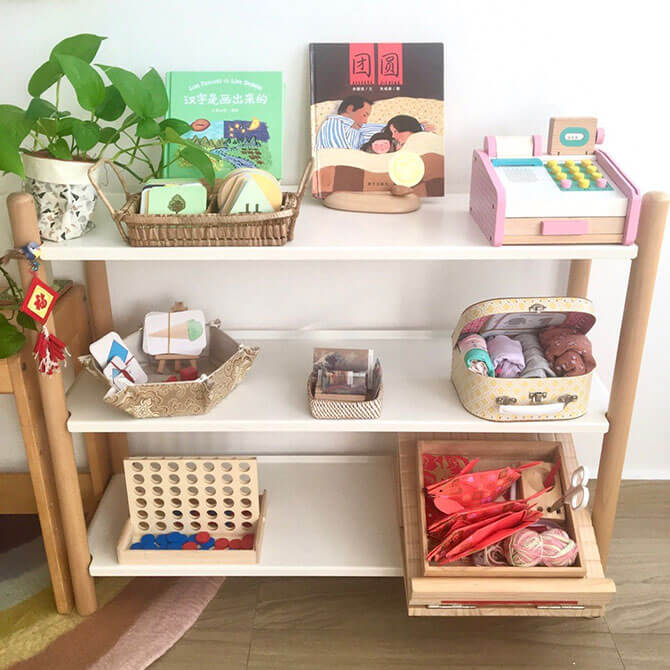
Unlike mainstream pedagogies, it focuses on a child-led experience. Montessori believes that a child will teach himself all he needs to know, from movement to language to math, as long as we adults provide ample opportunity and time.
Given your experience in Singapore’s school system, how do you think the Montessori approach can help children in the system which can be rigid and a lot about rote-learning?
Our educators are highly skilled and committed. I think a Montessori approach at home complements schooling at any age beautifully by providing a balance of freedom, exploration of personal interests while emphasizing personal responsibility. I have a son in primary school and I can tell you that his Montessori preschool years have laid a foundation of self-directedness and responsibility over one’s homework and learning.
Please describe your parenting style.
Authentic, imperfect Montessori parenting.
We love the beautiful educational setups on your IG feed. Where do you get your inspirations?
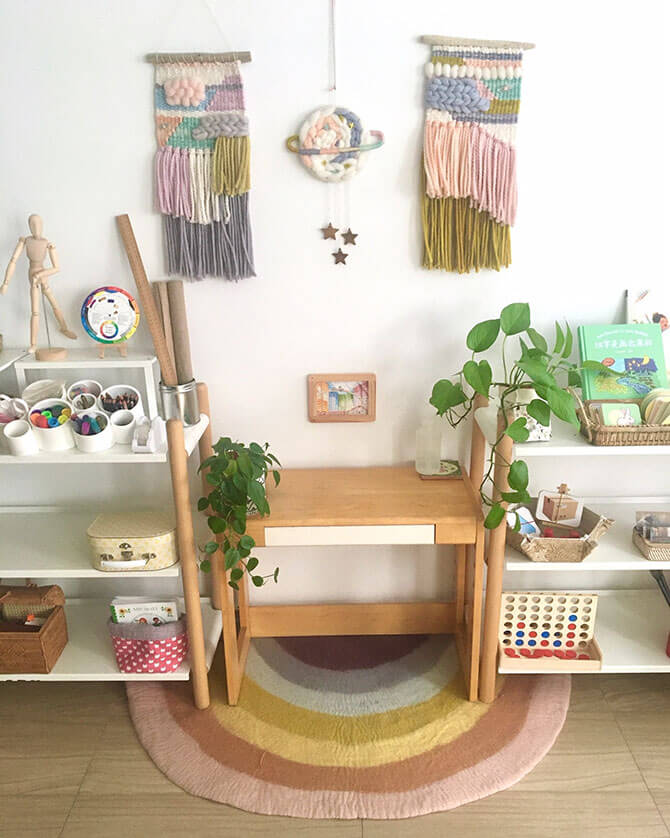
Your child must always be your first source of inspiration. You can prepare the most incredible materials but if you don’t tune into your child, the activities will just sit on your shelf, but not be enjoyed nor take your child to a higher level of learning.
What kind of materials do your children enjoy most?
Anything that allows them to work purposefully with their hands.
Any tips on where to buy materials without spending a bomb?
Daiso for art supplies. Your mother’s house for vintage ceramics that your child can use. Chinatown or Little India for lovely trinkets and satin boxes for babies to explore. If you don’t already, I recommend you get your child involved in at least one household chore! It’s free, and it boosts their self-confidence in a way that no toy can.
How would you encourage time-poor parents who experience inertia in home learning?
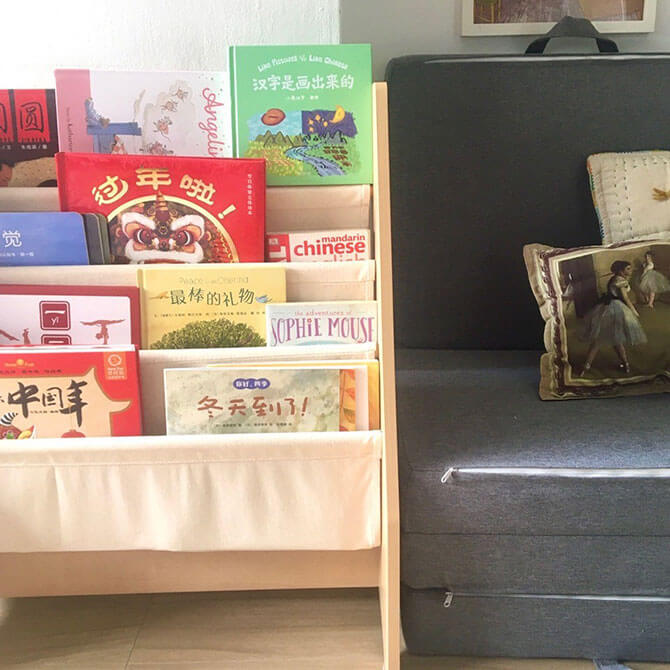
Instead of preparing materials, prepare yourselves. What is your child interested in? Do you let them look at something fascinating without interrupting them or calling them to go someplace else? How do you react when your child climbs up the slide unassisted or proposes an out-of-the-box solution? And what stories can you tell about yourself and how you learnt new things and did hard things? The amazing thing about children is that they are wired to learn, we just need to be able to spot it.
The best learning doesn’t happen in the classroom. It happens in life. It happens when children can make a real-world connection. The way I see it, we shouldn’t pass up a chance to deepen children’s understanding of their world. Even a toddler can understand very concretely the concept of germs and how to sneeze or cough responsibly by covering one’s mouth.
One thing that is useful all year round, but especially in times of virus, is a handwashing setup with a small soap dispenser, a mirror at the child’s height and even a sand timer, so the child can see her reflection as she practises washing her hands.
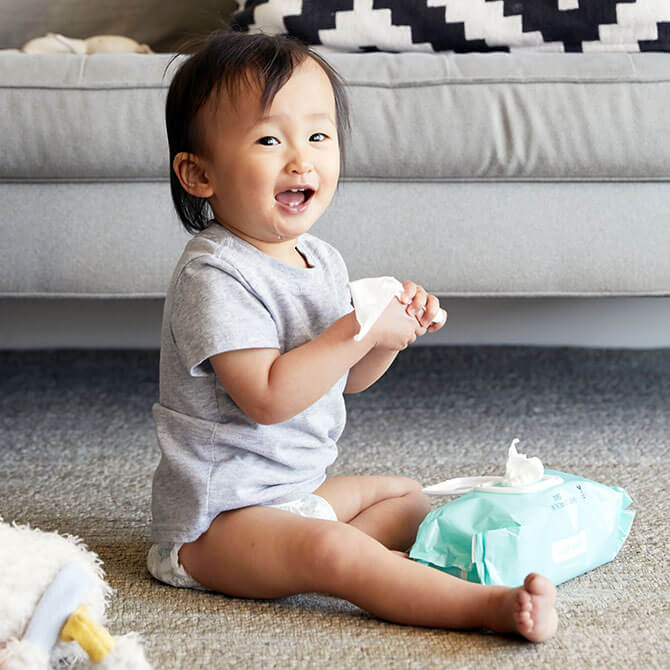
If your child is under 6 years old
- Tell a story about conditions in the wildlife market
- Highlight the helpers (doctors, nurses, volunteer drivers)
- Describe the symptoms
- Talk about how germs are spread through coughing and sneezing
For older children
- Tell a story about the virus jumping from wildlife to humans to other humans
- Highlight ordinary heroes who sacrificed themselves or put themselves at risk
- Discuss precautions to take in cases when patients are asymptomatic
- Talk about how countries are working together and sharing information to beat Coronavirus (peace education)
If your child is under 6 years old
- Give a handwashing demo with soap and sand timer
- Prepare sequencing cards for handwashing
- Practise sneezing into tissue or elbow (not your hands)
- Put a mask near front door or in child’s cupboard to add to the self-dressing routine
- Make a Coronavirus kit with mask, tissues, sanitizer for children to bring outdoors
If you have older children
- Brainstorm how to protect oneself (entertain all suggestions, even hilarious ones)
- Roleplay examples of being socially irresponsible (going out when sick, not self-quarantining after travelling)
- Make a virus timeline or plot its global spread on a map
- Discuss pros and cons of exotic wildlife trade (do not demonise traders but take their perspective)
- Write and illustrate a story from the perspective of a child under quarantine
We thank Jasmine from 3MM on her really insightful sharing especially in the midst of anxiety. We hope you will take the chance to speak to your children about important issues such as Coronavirus, practise good hygiene and take the necessary precautions for the family. If you would like to see more great tips on Montessori learning, head over to Jasmine’s Instagram page.






